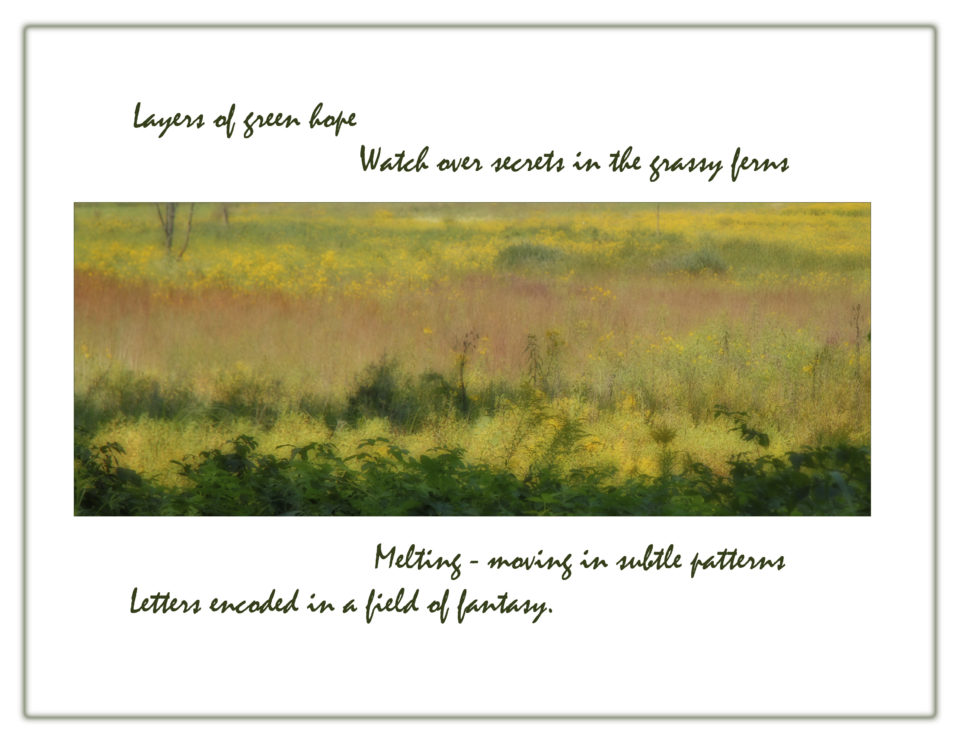
Kim Rosen lost her entire life’s savings a few years ago. Yes, she was one of those affected by a well known Ponzi scheme and wrote about it here. Today, she is thriving as a person and it was a poem that saved her. In this case, it was a poem by Naomi Shahib Nye called “Kindness.”
“Before you know what kindness really is, you must lose things.”
Memorizing a Poem
Poetry is one of my more recent loves. Like music, good poetry goes directly to the heart. A poem that really resonates with me, I can read over and over again. Memorizing a poem, though, is a different story. My poor memory is legendary, and it doesn’t seem to be getting any better. But Rosen’s book, Saved by a Poem: The Transformative Power of Words, suggests that being able to recite a poem from your heart is different than memorizing (from your head) and can be healing, even transforming.
“Learning by heart doesn’t require fierce discipline, concentration exercises, or even a good memory. All it requires is the love of a poem, the curiosity to get to know it intimately, and the willingness to let it help you know yourself.”
Reciting poetry is another form of contemplative practice, because it focuses attention and calls forth insights or even qualities in you that were hidden. One example from the book, is of a woman who had a kind of ‘military stiffness’ about her. She wanted to explore her softer, more sensual side, so the poems of Sharon Olds performed their magic on her.
“Rosen calls this a poem’s “shamanic anatomy. Poetry’s task, like the shaman’s, is to melt the veil that separates the invisible from the invisible, to bring wisdom and healing from beyond the known. Like a shaman’s drum, the beat of the poem’s rhythm can alter consciousness, opening it beyond its normal limitations.”
Memory and Forgetting
There is a whole chapter on memory, how it works, and the different levels of memory. This is followed by my favorite chapter, The Gift of Forgetting, which delves into what goes on inside when you forget, what it can teach you, and how to be more gentle with yourself. Rosen says,
“Forgetting has been one of my greatest teachers. The practice of stopping at the moment the mind ceases to remember can train you to develop the capacity to tolerate groundlessness.”
This book has motivated me to want to learn by heart some of my favourite poems. I spent about a week working on my first one, Song for Nobody, by Thomas Merton and it did come easier than I thought it would. Here it is, from the heart.
A yellow flower
(Light and Spirit)
Sings by itself
For nobody.
A golden Spirit
(Light and Emptiness)
Sings without a word
By itself.
Let no one touch this gentle sun
In whose dark eye
Someone is awake.
No light, no gold, no name, no color
And no thought,
O Wide Awake!
A golden Heaven
Sings by itself
A song to nobody.
Next up on my list of poems will be The Journey by Mary Oliver. And, by the way, there is a fantastic story in the book about this poem.
* Thanks to my friend and poet, Norah Oulahen, for telling me about this book and for her poetry throughout the years.
Related Reading:
** Books mentioned have Amazon affiliate links, meaning I make a few cents if you purchase through my link. I only recommend books that I’ve read.
Saved by a Poem: The Transformative Power of Words
Exploring Edges – a photography and poetry project
Loved this blog and your words. To the poet in all of us. I memorized some John O’Donohue. His work is poetry, prayer and peace on paper.